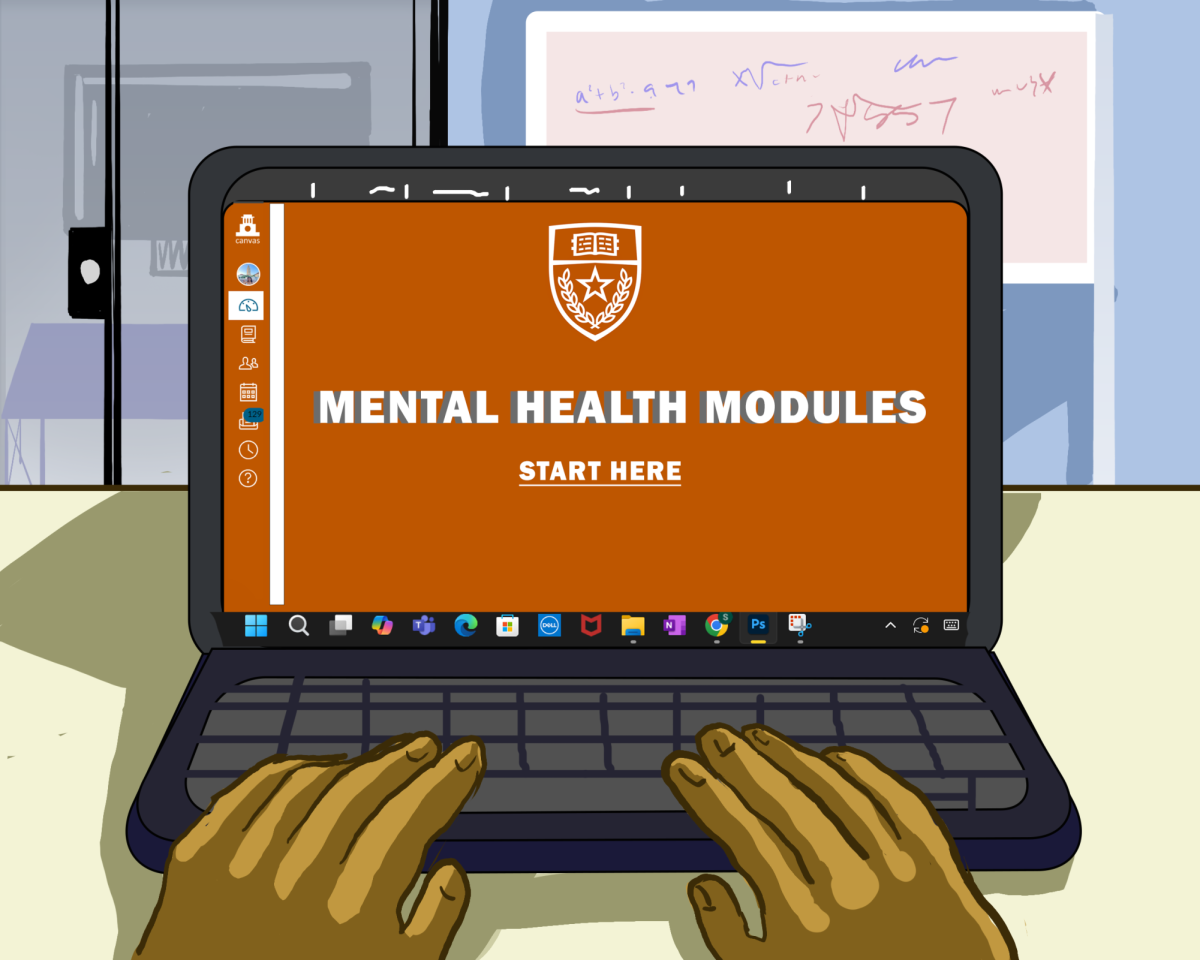Concealed carry of handguns on college campuses has been a divisive issue in the Texas Legislature since 2007, and elected officials will go another round on the issue once the new session starts in January.
State Rep. David Simpson, R-Longview, filed a bill on Monday that would allow those who possess a concealed handgun license to carry a handgun on university campuses. To obtain a concealed handgun license, applicants must be of sound mind, have no criminal record, be at least 21 years of age and take a course on proper concealed carry procedure.
“We shouldn’t ask students to choose between being educated and being able to protect themselves,” Simpson said. “It excites me and gives me much hope as I meet with young people who are concerned about their government and want to get involved. If we can make the bill better, let’s make it better.”
Simpson said he would seek extensive input from students who both support and oppose the legislation as he continues to revise it. He said he wants to add an amendment to allow private colleges and universities to set their own policies on concealed carry.
He said he attended a Students for Liberty conference at UT this weekend and spoke with several students in College Republicans, national libertarian group Students for Liberty and other groups who expressed support for concealed carry, but he is interested to hear from students with opposing views. He is also seeking input on his Facebook page.
Jeff Shi, president of the UT chapter of Students for Concealed Carry on Campus, said he is glad the issue will find its way into the legislative conversation, but his organization will not decide whether to endorse the bill until the session actually begins. He said he did not think the 48-seat Republican majority in the new state House would necessarily impact the outcome of such a bill.
“There is going to be a misconception that the fight to get concealed carry passed will be a partisan one, which it is not,” Shi said. “Students for Concealed Carry is a nonpartisan organization, and our make-up comes from both Democrats and Republicans who support the bill.”
However, John Woods, executive director of UT Students for Gun-Free Schools and a graduate representative in Student Government, said the election results were worrying because several anti-concealed carry representatives lost their seats. He encouraged students from both sides of the conversation to call their state representatives about the issue.
Woods said the topic of campus suicides should be featured more prominently in discussions about the legislation, noting that guns are the most common weapon in suicide attempts and that suicide is the second-highest killer of college students.
“We have had zero homicides [on campus] in the last three years and only three in 30 years, but we have three to four suicides every year,” Woods said. “By adding additional means, we could be putting more students at risk of suicide.”
In October, SG passed a resolution affirming their support for the continued ban of concealed weapons on college campuses. The resolution gives representatives and executive board members the authority to lobby against concealed carry in the state legislature.




















